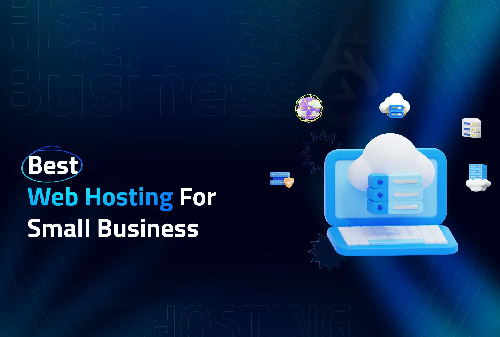IaaS: Your Business's Foundation in the Cloud
Today's, businesses are constantly seeking flexible and cost-effective IT solutions. This is where Infrastructure as a Service (IaaS) comes in, revolutionizing how organizations access and manage their computing resources.

What is IaaS?
IaaS is a cloud computing model that provides businesses with on-demand access to fundamental IT resources such as:
- Virtualized Servers: Powerful and scalable virtual machines to run your applications and workloads.
- Storage: Secure and scalable storage solutions for your data, from databases to backups.
- Networking: Configure and manage virtual networks to connect your resources securely.
How IaaS Works
Instead of investing in and maintaining physical hardware, businesses can rent these resources from an IaaS provider like AWS, Azure, or Google Cloud. These resources are delivered over the internet, offering unparalleled flexibility and scalability.
Benefits of Embracing IaaS
- Cost Savings: Reduce capital expenditures on hardware and IT staff by paying only for what you use.
- Scalability and Flexibility: Easily scale resources up or down based on business demands, ensuring optimal performance.
- Increased Security: Leverage advanced security features offered by IaaS providers to protect your data and applications.
- Focus on Core Business: Free up your IT team to focus on strategic initiatives rather than infrastructure management.
IaaS Use Cases
- Website and Application Hosting: Host your websites and applications on scalable and reliable IaaS infrastructure.
- Data Storage and Backup: Securely store and manage your data with scalable storage solutions.
- Development and Testing: Create and test new applications in a cost-effective and controlled environment.
- Disaster Recovery: Implement robust disaster recovery plans with IaaS, ensuring business continuity.
Key Considerations When Choosing an IaaS Provider
- Pricing: Compare pricing models and choose a provider that aligns with your budget and usage patterns.
- Performance and Reliability: Ensure the provider offers high availability, low latency, and reliable performance.
- Security: Evaluate the provider's security measures to ensure the safety and privacy of your data.
- Support: Choose a provider with responsive and knowledgeable customer support.
















